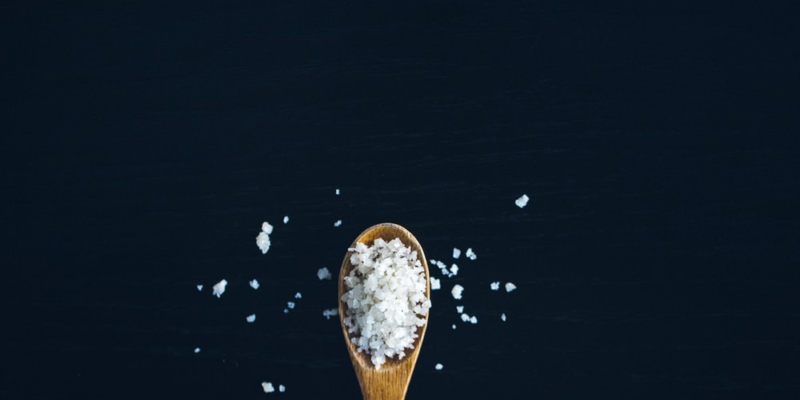In order to fit conventional standards of beauty, you might be tempted to seek out ways to achieve a smile that closely resembles that of people who are considered beautiful. By American standards, white, neatly aligned teeth are largely thought to be the epitome of good oral hygiene.
The reality, however, is far from it. Unless your yellowed-out teeth weren’t a consequence of the buildup of plaque, they’re actually perfectly healthy. The dentin, which is just below the teeth’s outer covering enamel, is on the yellower side. This is why people with thin or translucent enamel naturally never had bright white smiles.
If you’re still insistent on getting teeth-whitening treatments, there are better ways to achieve the result. Practicing good oral care habits and scheduling routine appointments with the dentist guarantee that your smile will always look presentable. Many people look up DIY natural teeth-whitening because they expect it to feature “safer” methods. However, they fail to consider that it also has associated risks.
Do Salt and Baking Soda Actually Whiten Teeth?
Have you searched for “how to whiten your teeth with baking soda?”
Or “whiten teeth with baking soda,” or “baking soda teeth”?
The straightforward answer is yes, salt and baking soda do help bring about the desired result. It is primarily why the two are used as key ingredients in popular toothpaste brands.
However, you should know that the toothpaste formula is made in a controlled environment, where only the right amount of ingredients are in the mix.

When you expose your teeth to salt and baking soda in excess, you’re allowing the enamel of your teeth to erode away. Since the ingredients have abrasive properties, aggressively using them to brush is like “sanding down” your own teeth. With a thinned-out outer layer, your teeth are more susceptible to the invasion of bacteria. Consequently, nerve damage also occurs over time.
So while the solution may whiten your teeth for the short term, the damage that will happen in time is not worth the effort.
What about Lemons?
Eating lemons themselves is not a bad thing, but letting lemon juice sit on your teeth for long durations is ultimately harmful. The pH value of lemon juice is between 2 and 3, indicating its high acidic nature. Like salt and baking soda, lemon juice too can eat away at your enamel, causing it to thin out. Once your enamel goes away, it doesn’t grow again. This is why it’s careful to keep abrasive materials away from your teeth.
Similarly, some people say the oil pulling method that typically uses coconut oil have teeth-whitening properties.
However, currently, no evidence is there that supports the claim.
Let our dental professionals at Rapha Dental guide you on how to best achieve a presentable smile without putting yourself at risk. We specialize in many areas of dental expertise, including cosmetic dentistry, general dentistry, and more. Book an appointment with us now to deal with any dental concerns through our leading dental treatment in New Jersey.

